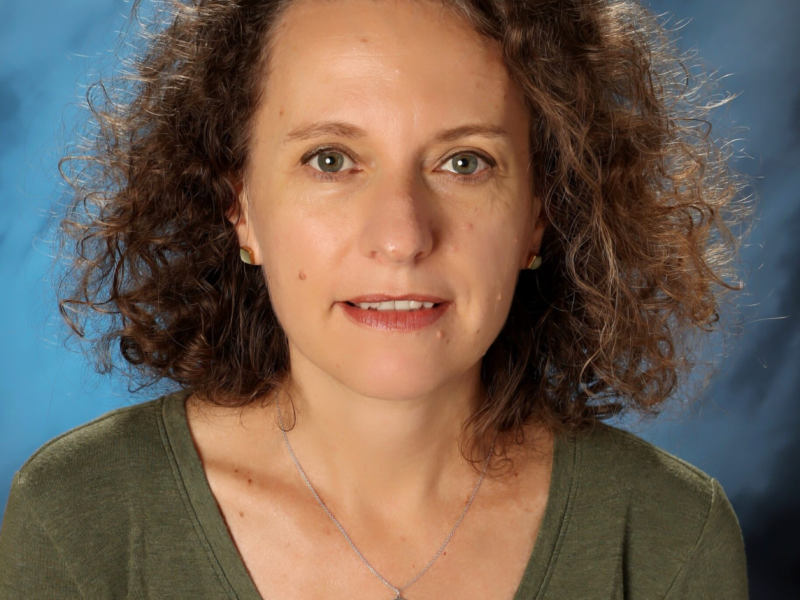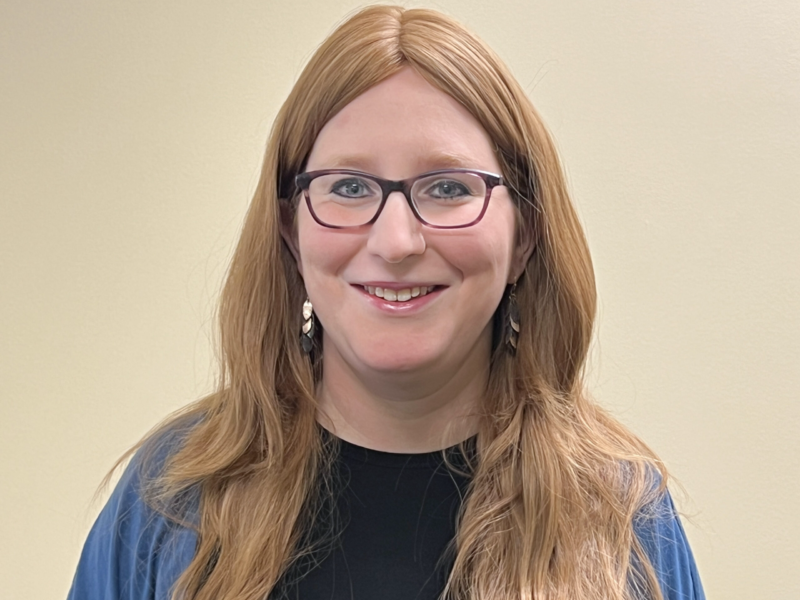Several Oregon teens are spending a gap year in Israel before they start college in the fall. Maya Hendin, Matan Horenstein, Joseph Spector, Isaiah Elder, Josh Brauntstein, Shoshana Singer, Avi Berne, Gabe Adler and Jordan Runstein are all spending this year deepening their connections with the Jewish homeland.
Many benefits are associated with students spending a year between high school and college to travel, volunteer, study, intern or work. The American Gap Association (americangap.org) reports, “(T)here are reams of anecdotal and qualitative data about the myriad benefits of gap years. Generally, these include: increased maturity, greater ‘ownership’ of the student’s education, increased self-awareness, greater global awareness, fluency in a foreign language, and of course self-confidence.”
A gap year in Israel offers the additional benefit of an incredible Israel experience to deepen teens understanding of their heritage
and culture. “Israel offers thousands of years of Jewish history, cities that fuse the ancient with the modern, a variety of ethnic communities living side by side and global leadership in many of today’s most relevant fields – it’s the ideal place to take a year ‘on’ before college,” according to Masa Israel (masaisrael. org), a joint project of the Government of Israel and the Jewish Agency for Israel. We connected via email with four of the Oregon teens currently in Israel and asked them about their experiences.
Maya Hendin is in the Nativ College Leadership Program. She attended Portland Jewish Academy from kindergarten to eighth grade and spent many summers at Young Judaea day and overnight camps. She and her family are long-time members of Congregation Neveh Shalom. In the fall she plans to attend Western Washington University.
Matan Horenstein is on the Bar Ilan Israel Experience and plans to attend Yeshiva University in the fall. His family belongs to Congregation Shaarie Torah. He attended PJA until fourth grade and spent summers at Camp Young Judaea West and NCSY Summer Camps in Israel.
Also on the Bar Ilan Program and a Shaarie Torah member is Joseph Spector. A PJA student until fifth grade, he spent summers at Camp Young Judaea West and NCSY Sports Camp. He plans to attend the University of Oregon in the fall.
When Shoshana (Shoshi) Singer’s family moved to Portland from Minnesota, she entered second grade at PJA, where she remained through fifth grade. Her family belongs to Congregation Kesser Israel, and she attended Camp Young Judaea West. When she finishes her gap year with Midreshet HaRova, she plans to attend Brandeis University.
Following are the teens’ comments on their experiences thus far. Their answers have been edited for brevity and clarity.
What has been the highlight of your year so far?
Maya: There hasn’t been one single moment that has stood out above the rest, but my volunteering in both Jerusalem and Karmiel have been extremely rewarding and memorable.
Matan: The traveling aspect has been incredible. I have traveled from north to the south of Israel, and I’ve seen different cultures in every city. I’ve been to Tsfat, an elevated city surrounded by gorgeous mountains and full of ancient Jewish history, and to the lowest point on Earth, the Dead Sea – so salty you float. The other part is the education aspect. I’ve been able to learn with different rabbis and professors on topics ranging from the modern literary approach to the ethics of our forefathers. I have made several friends I will cherish for the rest of my life.
Joseph: Experiencing Purim in Israel. It has always been one of my favorite holidays, and it was even better in Israel. It was very special to see people dressed up, giving tzedakah and offering mishloach manot. On the first day of Purim, we had a beautiful, and meaningful, festive meal on campus with singing, dancing and storytelling. The next day we went to Jerusalem for Shushan Purim, something we can’t experience in America. It was incredible to walk around with friends and feel that we wouldn’t have been able to come to Jerusalem if it weren’t for Mordechai’s and Ester’s efforts in the Purim story. It was a very uplifting feeling.
Shoshi: There are two very different facets. The first is having the chance to develop through hard work, learning how to grapple with Jewish texts and asking questions that get to the core of being both a good Jew, and more universally, a good human. The second relates more to the chavayot (experiences) outside of the Midrasha. By spending Shabbatot in a different place each week and doing hikes and tours all over the country, I have learned quite a bit about our people, our land and how I view myself impacting both.
What about Israel/Israeli society surprised you?
Maya: I knew that Israel was a Jewish state, but it became more real while living here. For example, I work on a farm and every seventh year, they don’t grow plants from the ground; ev- erything has to be grown in pots or on tarps in greenhouses. This is for shmita, which I didn’t realize that Israel follows even for the nonreligious farms like the one I volunteer on. The coming year on the Jewish calendar is shmita, so we are preparing for it.
Matan: The diversity. I’ve always learned that Israel was a diverse country, but this year was really an eye opener. On my Bar Ilan campus, you can find Muslims, Christians and Jews of all different races and denominations.
Joseph: Although Israelis may seem rough around the edges, there is a real sense of brotherhood here. Everyone is always looking out for everyone. Although some Israelis don’t love American teenagers, most commend our efforts to speak Hebrew and integrate in society. Soshi: Things always seem to work out here. In general I find the people plan less, but that lends itself to the beauty of spontaneity and helping each other. Israelis will put in extreme effort to help a stranger. The sense of caring and brotherhood is something I will sincerely miss.
Is Israel more important to you now?
Maya: Israel was real to me before, but now it feels less like just a religious center with ruins and beaches and hummus and people yelling, and more of a place where people have their everyday lives. Even if I knew that before, this year I was really able to experience it.
Matan: Absolutely. Israel is not only the country where all Jews can feel safe, but it also ensures the preservation of Judaism. In Israel, I feel comfortable and safe walking the streets wearing a kippah. Israel is also a light unto nations. The amount of medical and technological advancements discovered in this country is mind boggling.
Joseph: I have been heavily involved in the Israel Advocacy Program designed to teach us about how to defend and advocate for Israel on college campuses. I have learned that Israel is an important place for a lot of the world. I plan on being an advocate, defender and voice for Israel on my college campus using my hands-on and personal experience and interaction with the people in the places actually involved in the conflict – something a lot of anti-Israel groups on campus do not have.
Soshi: Absolutely. This country is beautiful, but underlying the physical beauty is the meaning infused in living a life here. Sometimes it feels like a dream – to walk in a land given to our ancestors, to see soldiers (people my age or even younger!) be proud to fight for Eretz and Midinat Yisrael, or to pass children playing in the streets of Jerusalem and thus fulfilling the prophecy in Zechariah Chapter 8. I feel blessed that this is a reality in our homeland.
Anything else you want to share?
Matan: I’ve been taking courses on the Israeli- Palestinian conflict, and I’ve been able to travel and see what we hear about on the news (and what we don’t see on the news) for myself. The conflict is far from being black and white. I visited an Arab village that is split in two by the green line. I also spent Shabbat in a settlement deep in the West Bank and saw their lifestyle. I got the chance to speak with people in both places, which is something I will never forget.
Joseph: I cannot stress enough how important it is for teens in our community to attend summer and gap year programs in Israel. It is the land of our forefathers and our land now. I have had the best year of my life so far. One experience that stood out to me was when my friends and I were having a picnic and wanted some soda. We went into the falafel shop around the corner and asked if we could buy some. He said, “We don’t have soda but I have falafel.” He went on to fill a bag with falafel balls and said, “Yehudi, L’Yehudi ( Jew to Jew). Shabbat Shalom.”That experience is what Israel is all about.”





